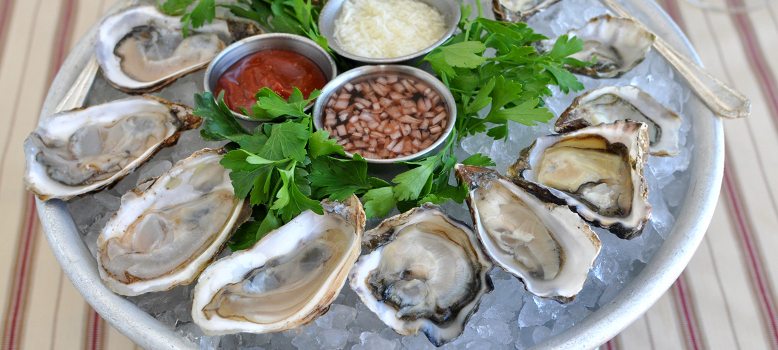Seafood Safety

Food safety is a priority for all farmed seafood
Eat more Farmed Fish – FSAI
Over 80% of Irish farmed salmon are produced organically thus ensuring top quality fresh and downstream products for Irish consumers.
Fish consumption in Ireland is low relative to many other countries and must be increased. Bord Bia, retailers, and others are currently actively involved in fish promotion and Irish farmed salmon will have a central role in increased consumption.
Irish farmed salmon are an excellent source of EPA and DHA which are of key importance for cardiovascular health, brain development and cognitive health. Salmon are also a good source of high quality protein and supply minerals and certain vitamins.
Eat and enjoy one to two portions of Irish farmed salmon per week as part of a balanced diet. Intersperse with other oily fish such as mackerel and with white fish as these are also highly nutritious.
Residues
The National Residue Monitoring Programme covers all livestock and domestically produced products and is co-ordinated by the Department of Agriculture Food and Marine. The full report including all other species is produced every summer and published on the Department’s website.
Given the constant checks by farmers, customers and auditors as well as the close veterinary supervision, the internal quality controls and the basic pride in producing a top class product, this should not be news. When we have top of the range quality schemes set by organic certification bodies, supermarkets, processors and smokeries which all monitor Irish salmon and trout so they can meet the high demand for this premium seafood, this gives a huge confidence boost to all stakeholders and consumers.
IFA’s key role in Shellfish Safety
Shellfish safety is potentially impacted by two main factors: water quality and naturally occurring algae. Both of these issues are out of the control of the farmers but can have serious impacts on the safety of shellfish for consumers if not monitored and controlled at all times.
IFA Aquaculture plays a key role in the national Molluscan Shellfish safety Committee (MSSC) which it helped to set up with all the agencies involved in shellfish food safety. This committee oversees the biotoxin and phytoplankton monitoring regime and decides each year on the classification of shellfish growing areas.
The National Biotoxin Monitoring Programme Code of Practice can be found here
The National Shellfish Microbiological Code of Practice can be found here.
